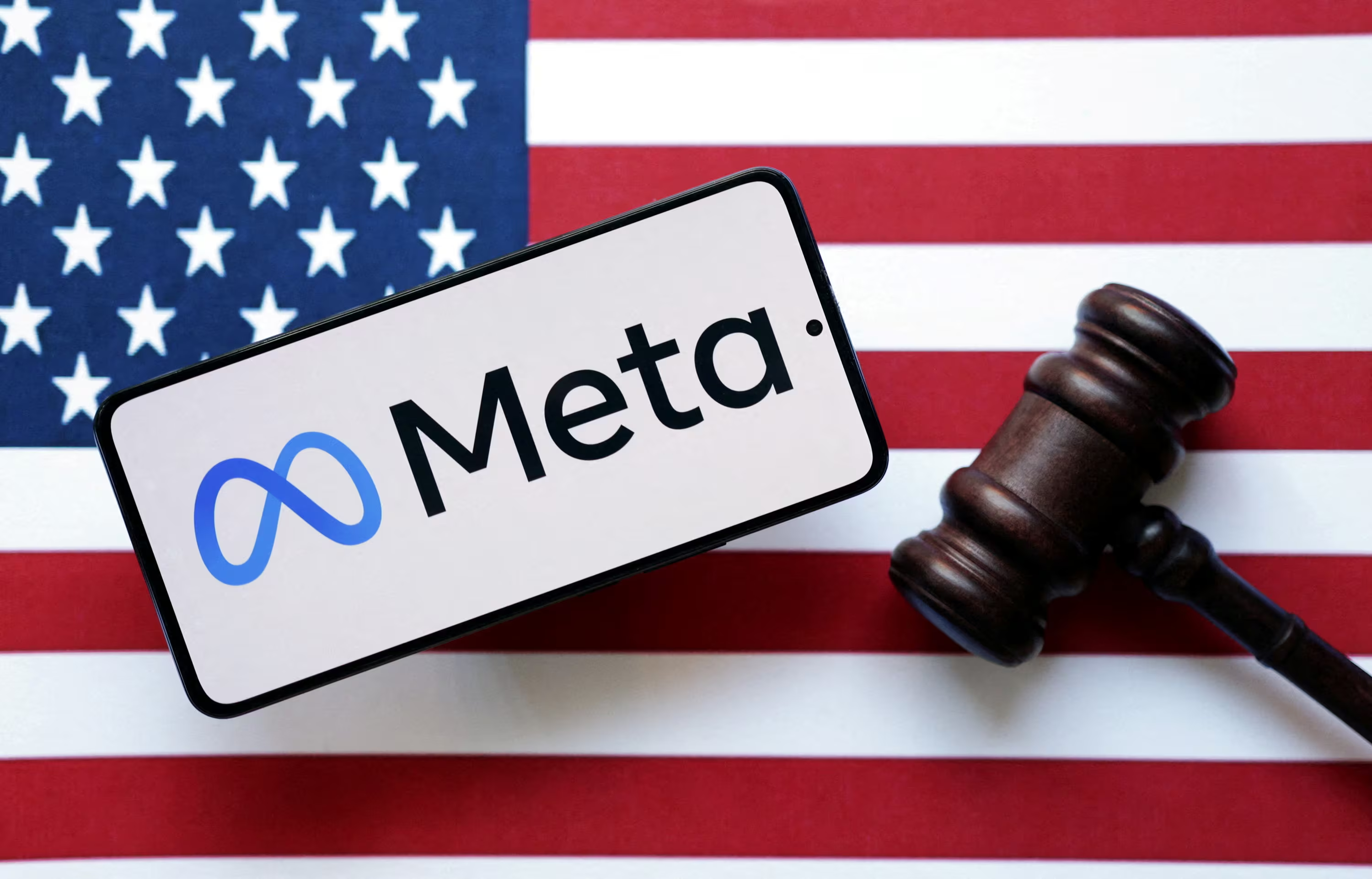Meta Platforms and its CEO, Mark Zuckerberg, secured a significant legal victory after a lawsuit accusing them of misleading shareholders about child safety measures on Facebook and Instagram was dismissed. The lawsuit, brought forward by plaintiff Matt Eisner, claimed that Meta had misrepresented its ability to protect children on its platforms, a matter that has come under intense scrutiny in recent years.
The lawsuit focused on Meta’s 2024 proxy statement, alleging that the company failed to provide shareholders with an accurate depiction of the child safety issues on its platforms. However, on Tuesday, U.S. District Judge Charles Breyer in San Francisco ruled in favor of Meta, dismissing the case on the grounds that the plaintiff could not prove that shareholders suffered financial harm due to the alleged misrepresentations.
Judge Breyer’s decision was based on several critical points. He emphasized that Eisner had failed to show that Meta’s disclosures—or lack thereof—had resulted in any measurable economic loss for shareholders. According to Breyer, the lawsuit did not establish the necessary connection between Meta’s handling of child safety concerns and a direct financial impact on the company’s investors.
Furthermore, Breyer explained that federal securities law does not require a company to provide exhaustive details about every potential issue or strategy it chooses not to implement. In this case, the lawsuit argued that Meta did not fully disclose the severity of sexually explicit content and the sexual exploitation of children on its platforms, nor did it outline every potential child protection strategy it had considered but ultimately rejected.

Breyer was clear in his view that such disclosures were unnecessary. He wrote in his ruling: “In essence, Eisner would have had Meta argue against its own recommendations, tout the benefits of tools it ultimately rejected, highlight its own failures, and devalue its own successes. That is not necessary.”
Meta’s attorneys did not immediately respond to requests for comment, and Eisner’s legal team also declined to issue a statement following the ruling.
READ ALSO: Russian Fighter Receives Lifetime Boxing Ban After Knocking Out Opponent
While this particular lawsuit has been dismissed with prejudice, meaning that Eisner cannot refile the case, Meta still faces significant legal challenges related to its handling of child safety. The company is currently the target of lawsuits brought by dozens of state attorneys general who claim that Meta has knowingly contributed to the addiction of children to its social media platforms while downplaying the risks associated with prolonged use.
In addition to the government-led lawsuits, Meta, along with other major social media platforms such as TikTok and Snapchat, faces hundreds of lawsuits filed by children, parents, and school districts. These lawsuits allege that the companies have contributed to a mental health crisis by making their platforms addictive and failing to adequately protect younger users from harmful content.
The dismissed shareholder lawsuit sought to prevent Meta from holding its 2024 annual meeting until the proxy statement was revised to reflect more accurate information about the company’s child safety measures. Additionally, Eisner had asked the court to void any election results from that meeting and to require Meta and Zuckerberg to cover the legal fees and costs associated with the lawsuit.
However, Breyer had already indicated in a previous ruling that the lawsuit’s claims were not strong enough to warrant such drastic measures. In June, he refused to block Meta’s annual meeting, stating that many of the company’s assurances in its proxy statement about child safety were “aspirational” rather than concrete commitments, and therefore did not provide sufficient grounds for legal action.
Despite the legal win, Meta remains at the center of a broader conversation about the impact of social media on young people. The company has faced intense criticism for how its platforms, particularly Instagram, affect the mental health of teenagers. A series of investigations and internal document leaks in recent years have revealed that Meta was aware of the potentially harmful effects of its platforms on younger users but did not take adequate steps to address the issue.

The legal pressure is unlikely to ease any time soon. As more research emerges linking social media use to issues like depression, anxiety, and body image problems among teens, companies like Meta will continue to face scrutiny from regulators, lawmakers, and the public.
In the face of these challenges, Meta has repeatedly stated its commitment to improving child safety on its platforms. The company has rolled out various features aimed at protecting young users, including new parental controls, limits on content recommendations, and tools designed to help teens manage their time on social media. However, critics argue that these measures do not go far enough and that much more needs to be done to safeguard vulnerable users.
The lawsuit’s dismissal may offer some temporary relief to Meta and its leadership, but the larger battle over the company’s role in the digital lives of children and teenagers is far from over. As legal cases continue to mount, Meta’s policies on child safety and user well-being will remain under the spotlight for the foreseeable future.

